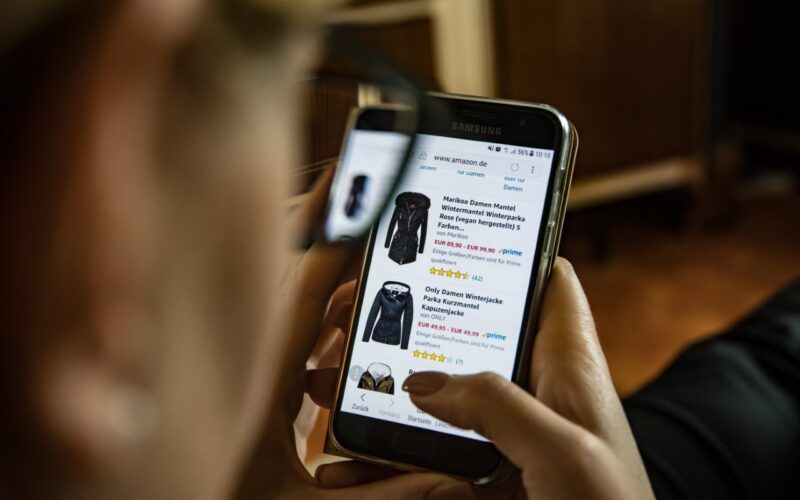Following similar announcements by Next, Uniqlo and Zara earlier in the year, fast fashion website Boohoo is the latest internet retailer to impose a financial penalty on customers who return items bought online. Boohoo shoppers will now have to pay £1.99 when they send unwanted goods back, with the cost deducted from the amount they are due to be refunded.
The move by these leading retailers to start charging for online returns is probably long overdue. According to a 2020 study by the consultancy KPMG, up to half of the clothing bought online is sent back at a cost to the sector of £7billion a year. To put this in to perspective, less than 10 per cent of goods bought from bricks-and-mortar stores are returned.
But until now few brands or retailers have been prepared to put a price on returning unwanted items bought from their websites. It’s easy to understand why: countless surveys have highlighted that It is common for shoppers to review an online retailer’s returns policy before making a purchase and, if choosing between different sellers, consumers will usually pick the retailer that appears to offer the quickest and most straightforward returns policy. In fact, according to FedEx, 34 per cent of consumers cite the lack of free returns shipping as a top reason for abandoning their shopping cart.
However, while a free returns policy may encourage shoppers to press the ‘Buy Now’ button, the process of transporting goods back from the consumer to the business is costly and, with the pandemic seeing the introduction of a new set of safety protocols, the price of processing returns has, in many cases, increased – making it even harder for sellers to protect their online profits.
So, all online retailers need to weigh up the competitive advantages that offering consumers a cost-free shopping experience bring against the need to safeguard sales, before they opt to add a returns fee.
Of course, finding the right reverse logistics provider to manage customer returns, can mean that an online seller is able to minimise the cost of the returns process and, therefore, remain in a position to still entice buyers with the promise of free returns.
A specialist fulfillment logistics company should be capable of devising and operating a cost-effective, yet highly efficient returns management model that delivers a win-win scenario for both the digital seller and the consumer.
At Walker, we work closely with our clients to understand their reverse-logistics requirements before putting in place the processes that will deliver the optimum solution. Each customer will have different needs depending on the volume of orders that come back to the business and the type of products they sell. For example, a single unopened lipstick that is returned will require far less re-work than an item of clothing that has been removed from its packaging and tried on before being sent back. Likewise electrical items will need to undergo some form of product testing regime to ensure that they are in suitable condition to be re-sold.
With returns only likely to increase in volume and value more companies will find it difficult to avoid adding charges. But with the support of an efficient and professional logistics partner, costs can be managed and the offer of ‘free returns’ retained.













